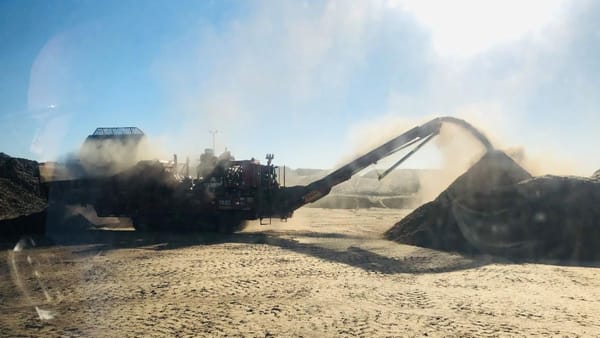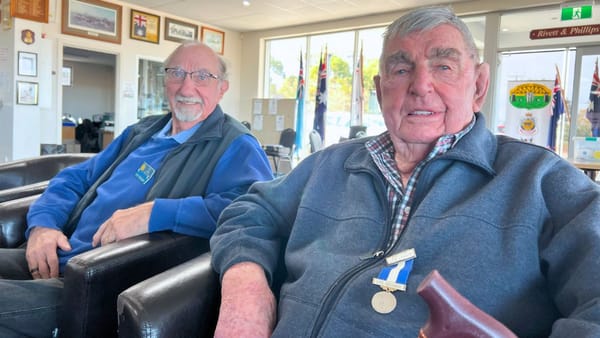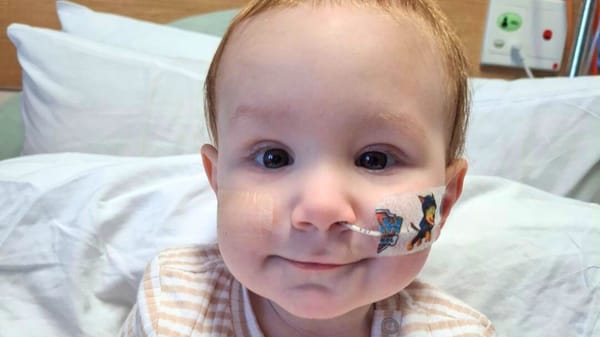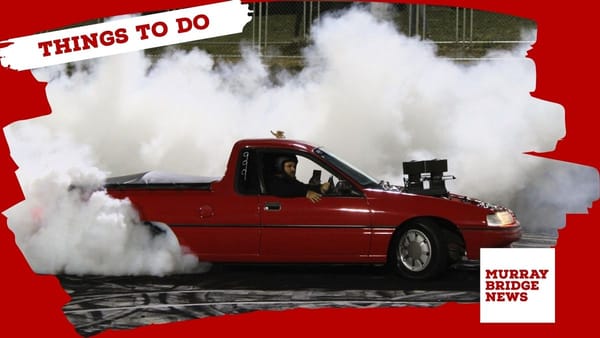Together, African migrants adapt to life in Murray Bridge
Culture shock is real when you move to a new country, but Jean-Marie Uwihoreye is sure Murray Bridge's African community members can overcome it.

This story was originally published behind Murray Bridge News’ paywall. Paywalled stories are unlocked four weeks after publication. Can’t wait that long? Subscribe here.

When Jean-Marie Uwihoreye came to Australia as a refugee from Rwanda, he quickly realised he had a lot to learn.
Instead of working together, people mostly kept to themselves.
Growing up, if his parents had seen another young boy outside in the rain, they would have thought nothing of bringing him inside or offering to take him home.
Here, fear of strangers kept people from reaching out to each other.
“Australian culture is not very open,” he said.
“Everyone must work alone.
“It’s hard for us (migrants) – we like to be socialising, but even (knowing) your neighbour is very difficult.
“Africans, we are used to helping each other – if you want anything, you ask your neighbours or your friends – but here if you want anything, you must ask the government.”

As a father of four with another on the way, Mr Uwihoreye was amazed at how much more independence his children and their friends enjoyed – for better and for worse.
“They’re used to having more authority than when we grew up,” he said.
“If they say yes, they mean yes; if no, it’s no.
“Some of us (parents) get very frustrated.”
Mr Uwihoreye was a community leader and Red Cross volunteer in the refugee camp where he lived after fleeing his homeland.
Now – after packing fruit interstate for years, then settling in Murray Bridge, getting married, buying a house and becoming a security guard – he is finding a similar role here.
He was one of the organisers of an African community day in Murray Bridge on Sunday.

About 50 people showed up at the Murray Bridge United Soccer Club: South Sudanese, Congolese, Kenyans, Zimbabweans, South Africans, Nigerians and Rwandans.
Each had their own first languages and cultures, but all had shared the experience of settling in this strange land.
By working together, Mr Uwihoreye hoped they could adapt more easily to their new home country and build a better future for their children.
There to show their support were Murray Bridge’s mayor and state MP, representatives of the Murraylands Multicultural Network and Relationships SA, an SA Health van offering COVID-19 vaccinations, and even a bouncy castle and children’s activities courtesy of local resident Michelle Thiele.
Mayor Brenton Lewis hoped the event’s organisers would be able to build a lasting support network for African migrants living in the Murray Bridge district, especially those with young children.

Mr Uwihoreye said he hoped to run the same kind of event again, at a time when people’s fears of COVID-19 were not so great.
As well as attracting more local families with an African background, he hoped they could share their cultures with the wider community, too.
“When you’re doing something for the community, you feel like part of the community,” he said.
Migration powers Murray Bridge’s population growth
Migrants have continued to drive Murray Bridge’s population growth, even during the COVID-19 pandemic.
The district’s population grew by about 340 people between 2019 and 2020, according to the Australian Bureau of Statistics.
Immigration accounted for almost 80 per cent of that increase, or 266 people.
“Natural increase” – ie. births – only accounted for an extra 60 or so people, with migration from other parts of the state or interstate making up the rest.
The Coorong’s population shrank slightly over the same period, as births and immigration were offset by the loss of about 40 people to other parts of Australia.
About 400,000 Australian residents are estimated to have been born in Africa, according to the African Australian Community Leaders Forum, including about 180,000 from South Africa.





